Originally published in BEER December 2003.
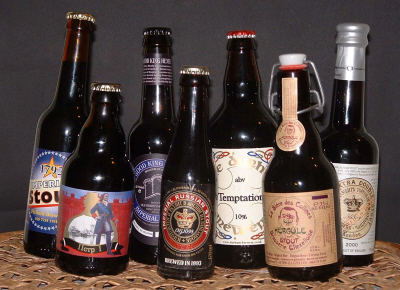
Imperial stouts
NOTE This review forms part of what was originally published as a single longer article. See the link at the end to continue reading about further Imperial stouts considered alongside this one.
See all parts of this article: http://desdemoor.co.uk/?tag=imperial-stouts-beer-2003
Origin: London, England (since moved to Epping, Essex, England)
ABV: 9.3%
Imperial stout, sometimes known as Russian stout, is a rare traditional British beer style at a strength for contemplative sipping. Its pedigree goes back to the development of porter in London at the dawn of large-scale commercial brewing in Britain, and somehow it has survived — but only just, a lone potent black brew amidst a pale sea of session-strength guzzlers.
Stout was originally “stout porter” — the adjective “stout” meaning strong was once applied to beer regardless of colour, but in the 19th century it first became wedded to porter and then used on its own. Very strong stouts proved particularly successful in the export trade to the Baltic and Russia: the “imperial” epithet refers to the Russian, not the British, empire, recognising the royal warrant granted to Albert Le Coq, a 19th century Belgian importer of British beer who found favour with the Tsar by donating beer supplies to the army. When Le Coq’s preferential deal ended early in the 20th century, the company opened its own brewery in Tartu, Estonia, which today is once again brewing Le Coq Porter, though as a cold-fermented and pasteurised beer.
Back in London, only Barclay Perkins eventually retained the style: its Imperial Russian Stout was later inherited by Courage, and became one of only a handful of bottle-conditioned beers still around at the founding of CAMRA. When Courage quit London, this niggling anomaly in the corporate strategy went north to John Smith’s in Tadcaster, where it was finally dumped in 1993, although a modified, pasteurised version apparently emerged in 1999 for export to Finland.
Always a style that enjoyed its greatest success outside its country of origin, Imperial Stout survives into contemporary times largely because of overseas interest. In the 1980s John Smith’s neighbour Samuel Smith launched a weaker (7% ABV) brewery conditioned version and at first didn’t even attempt to sell it in Britain, shipping it straight to their US importer instead. The restoration of a bottle conditioned example came in 1999 from another renowned independent, Harvey of Lewes, again on request from the States, and since then a number of micros have entered the fray.
I’ve looked below at a representative selection of bottled conditioned strong stouts, including a couple from Belgium. All these beers are worth trying: it’s unlikely a brewer will attempt such an unusual speciality without coming up with something that’s at least interesting, and some are sublime classics. And given the precariousness of the style’s survival, they are all well deserving of our support.
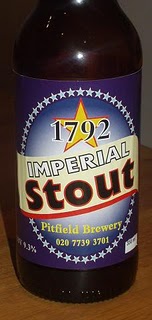
Pitfield's 1792 Imperial Stout
Pitfield’s 1792 Imperial Stout
(9.3% ABV) is the only example now brewed in London, just a stone’s throw from Shoreditch, the historic home of porter. The brewery takes full advantage of its attached beer shop to experiment with small batches of unusual styles: this is one of a series of recent historical recreations. It’s an opaque dark brown beer that offers a very well-balanced take on the style, perhaps more accessible than some: big bodied and richly malty but notably light drinking for its gravity, with a good roasted character, complex aniseed, fennel and cherry fruit notes and a tangy and hoppy roast and chocolate finish.
See the next post to read about more Imperial stouts.
See all parts of this article: http://desdemoor.co.uk/?tag=imperial-stouts-beer-2003
Read more about this beer at ratebeer.com: http://www.ratebeer.com/beer/pitfield-1792-imperial-stout/23799/


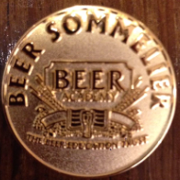
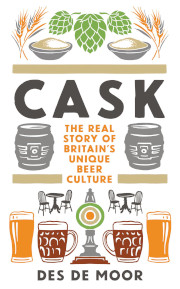
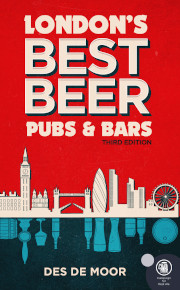
Leave a Reply